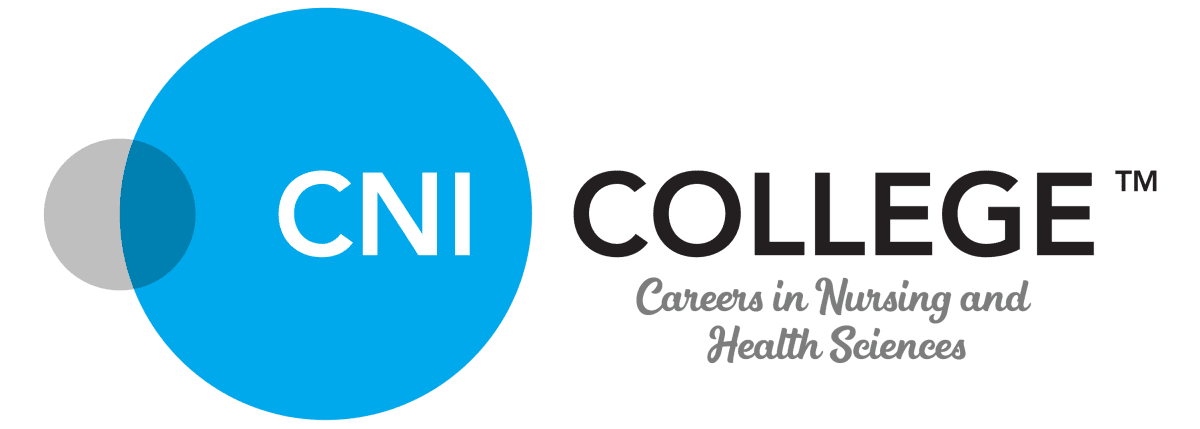In the heart of healthcare, nursing stands as a beacon of care, empathy, and, crucially, ethical responsibility. The field of nursing is not just about administering medications or following doctors’ orders; it’s about facing complex ethical dilemmas that impact human lives daily. For those considering a career in vocational nursing, understanding the ethical landscape is paramount. In this post, we’ll delve into the ethical issues and dilemmas that nurses navigate, including patient privacy, informed consent, and ethical decision-making, providing a foundational understanding for anyone interested in this noble profession.
Understanding Ethical Dilemmas in Nursing
What exactly constitutes an ethical dilemma in nursing? Imagine a scenario where a patient in critical condition refuses a life-saving procedure due to personal beliefs. Or consider the challenges of advocating for a patient’s wishes that conflict with family opinions or medical advice. These are examples of ethical dilemmas nurses face, where the right course of action isn’t always clear-cut. Ethical dilemmas often involve a clash of fundamental principles like autonomy, beneficence, and justice, requiring nurses to make tough decisions that can significantly impact patient care.
Patient Privacy and Confidentiality
A cornerstone of nursing ethics is the protection of patient privacy and confidentiality. The Health Insurance Portability and Accountability Act (HIPAA) sets the standard for this, ensuring that patient information is safeguarded. However, maintaining privacy can be challenging in bustling healthcare settings or in situations where family members are eager for information. Nurses must navigate these complex scenarios with discretion and professionalism, understanding that trust is a critical component of the nurse-patient relationship.
Example Scenario to Consider
Imagine a nurse named Sarah working in a hospital. She encounters a situation where the family of a well-known community figure admitted for treatment is pressing for detailed information. Sarah understands their concern but also knows she must uphold the confidentiality of the patient’s condition, a task that becomes more challenging when a local journalist starts inquiring about the same patient. In this situation, Sarah must balance her professional responsibility to maintain confidentiality against the pressure from the community and media.
How would you approach this situation?

Informed Consent in Healthcare
Informed consent is more than just a signature on a form; it’s a process of communication where patients are made aware of and understand their health conditions and the available treatment options. Nurses play a crucial role in this process, ensuring that patients are informed and comfortable with their healthcare decisions. This can be challenging in cases where language barriers exist or when patients have cognitive impairments. Nurses must find ways to effectively communicate and advocate for their patients’ rights and autonomy.

Example Scenario to Consider
Consider a situation where a nurse named David is caring for a non-English speaking patient scheduled for a complex surgical procedure. The patient, showing signs of anxiety and confusion, nods in apparent agreement to the surgery after a brief explanation from the doctor. David is concerned that the patient may not fully understand the risks, benefits, and alternatives to the surgery due to the language barrier. The ethical question David faces is how to ensure the patient truly provides informed consent when communication barriers are present. Should he rely on the nod as a sign of understanding or take additional steps, like seeking a medical interpreter, to ensure the patient is truly informed, potentially delaying the procedure?
How would you approach this situation?
Ethical Decision-Making in Nursing
When confronted with ethical dilemmas, nurses rely on decision-making models and their professional codes of ethics to guide them. These decisions are rarely made in isolation; collaboration with healthcare teams, ethical committees, and consideration of the patient’s and family’s views are essential. Nurses must balance their personal values with professional obligations, striving to provide the best care while respecting the dignity and choices of their patients.
Example Scenario to Consider
Emily, a nurse, faces an ethical dilemma when caring for an elderly patient who has expressed a desire not to undergo any life-extending treatments. However, the patient’s family insists on aggressive treatment. Emily must navigate this challenging situation, considering the patient’s autonomy and wishes, while also communicating effectively with the family and healthcare team to reach a decision that respects both the patient’s rights and the family’s concerns.
How would you approach this situation?

Final Reflections: The Ethical Heart of Nursing
Ethics in nursing is not just an academic topic; it’s a daily reality that shapes the experiences of nurses and patients alike. Aspiring nurses should be prepared to engage with these ethical challenges, understanding that their decisions have the power to make a profound impact on the lives they touch. Continuous education and discussion in ethics are essential for personal and professional growth. In this dynamic field, the commitment to ethical practice is a commitment to humanity, compassion, and the very essence of nursing.
As you step into the world of nursing, remember that you’re stepping into a role that goes far beyond medical procedures. You’re stepping into a role that safeguards dignity, respects autonomy, and navigates the intricate landscape of human ethics. Welcome to the world of nursing, where every decision you make is a testament to your commitment to caring for others.

